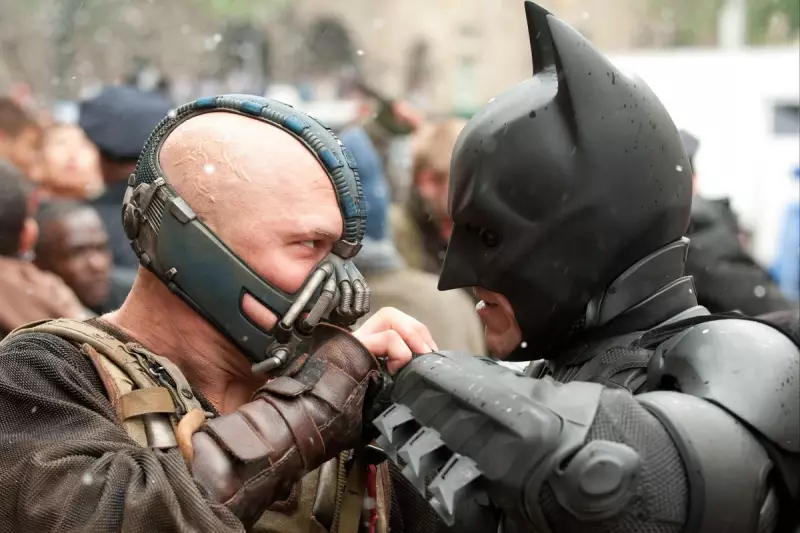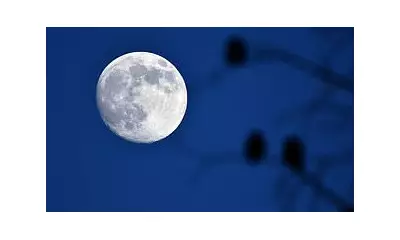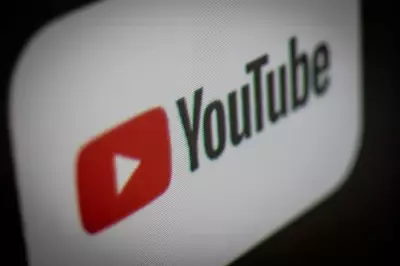
Warner Bros. has performed a dramatic U-turn, scrapping plans to use artificial intelligence to generate the main title sequence for its upcoming Superman film after a fierce backlash from the creative community.
The studio, in collaboration with director James Gunn, had been exploring the use of AI technology from the platform Midjourney to create the opening credits for 'Superman: Legacy'. The move was met with immediate and widespread condemnation from filmmakers and visual effects (VFX) artists, who saw it as a direct threat to human jobs and creative integrity.
A Swift Reversal Amidst Industry Fury
The controversial plan was revealed at a private event where Gunn showcased the film's progress. The proposal to utilise AI for such a significant creative element sparked fears that the technology would be used to replace skilled artists, prop makers, and other crew members, potentially sidelining human talent in favour of cost-cutting automation.
Facing a storm of criticism, Warner Bros. and Gunn have now completely abandoned the idea. The director took to social media to clarify the situation, stating that the AI-generated sequence was merely an initial 'experiment' in the early exploration phase and would not be used in the final film.
The Wider Debate: AI vs. Creative Jobs
This incident has ignited a fresh debate within Hollywood about the ethical use of AI in filmmaking. While studios are increasingly fascinated by the potential of AI to reduce production costs and time, guilds and unions are vehemently opposing its use in roles traditionally held by humans.
The controversy echoes the core concerns that fuelled the recent Hollywood strikes, where writers and actors fought hard for protections against being replaced by artificial intelligence. This decision by Warner Bros. is being seen as a significant victory for those arguing that AI should be a tool for artists, not a replacement for them.
Production on 'Superman: Legacy' is now underway in Atlanta, Georgia, with the film scheduled for a cinematic release in July 2025. The search for a human-driven title sequence concept is now back on.





